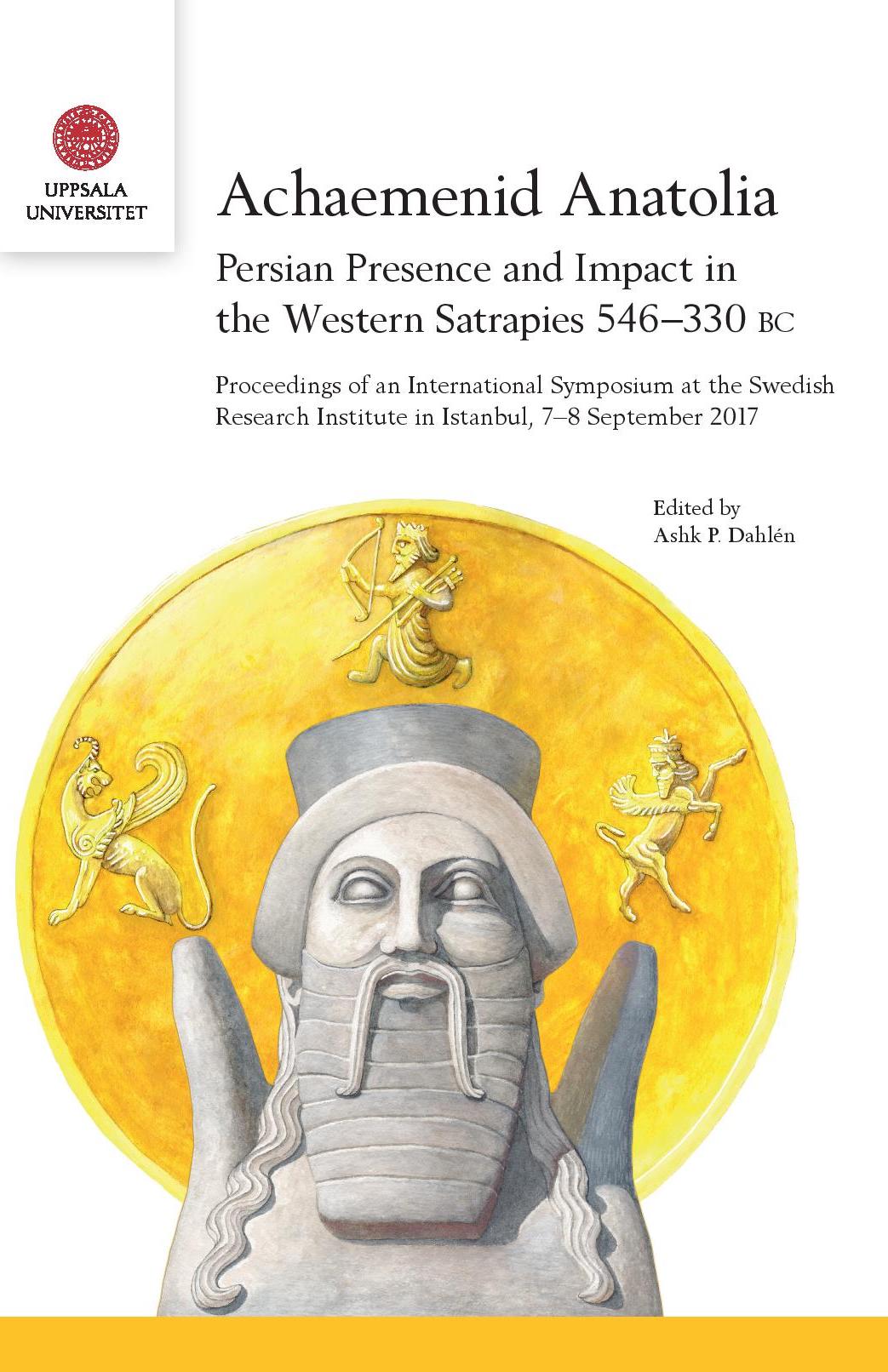
Achaemenid Anatolia: Persian Presence and Impact in the Western Satrapies 546–330 BC. PDF
Preview Achaemenid Anatolia: Persian Presence and Impact in the Western Satrapies 546–330 BC.
The mid-sixth century BC saw the formation of one of the ancient world’s largest and richest empires, the first Persian Empire under the Achaemenid dynasty. After the conquests of Cyrus the Great its vast realms stretched from the Aegean Sea in the west to the Jaxartes River in the east. The empire’s cosmopolitan policies, based on a shared economic relationship and a pluralistic administrative structure, heralded a period of astonishing cross-cultural fertilisation and innovation in different spheres of culture, trade and learning. These new developments were embraced and carried out in, among other regions, the highly multicultural setting of Achaemenid Anatolia.
This volume contains twelve articles from an international symposium (2017) on the relationships between the Iranian world and Anatolia in the Achaemenid period with an emphasis on Persian structures, presence and impacts on local populations and cultures. The contributions discuss a wide range of topics and address a variety of perspectives, from material culture, archaeology, architecture, and art history to philology, history, literature, numismatics, and religion.
